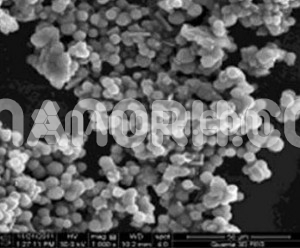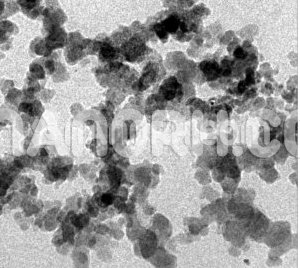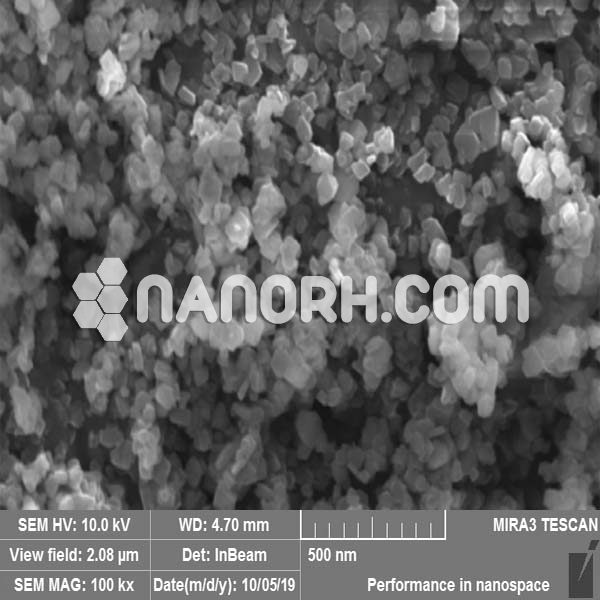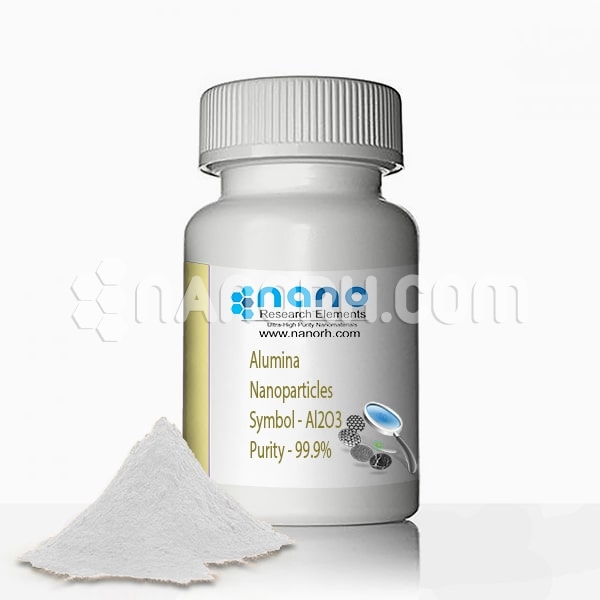| Manganese Sulphide Nanoparticles | |
| Product No | NRE-5155 |
| CAS No. | 18820-29-6 |
| Formula | MnS |
| APS | <100nm (Can be Customized) |
| Purity | 99.9% |
| Color | Green Brown |
| Molecular Weight | 87.003 g/mol |
| Density | 3.99 g/cm³ |
| Melting Point | 1610 °C |
| Boiling Point | NA |
Manganese Sulphide Nanoparticles
Introduction
Manganese sulfide nanoparticles is an inorganic compound formed by manganese and sulfur. When reduced to the nanoscale, manganese sulfide exhibits unique physical, chemical, and electronic properties that are significantly different from its bulk counterpart.
Applications
The unique properties of manganese sulfide nanoparticles enable their use in a variety of fields, including energy systems, electronics, catalysis, environmental applications, and biomedical uses. Some of the main applications include:
Energy Storage and Conversion:
Lithium-Ion Batteries: Manganese sulfide nanoparticles have potential as an anode material in lithium-ion batteries. Their high electrical conductivity and stability could improve the performance of batteries by increasing their energy density, cycle life, and charge/discharge efficiency.
Supercapacitors: Due to their high surface area and conductivity, MnS nanoparticles are being explored for use in supercapacitors, which store energy electrostatically and provide rapid charge/discharge cycles. These devices are essential in applications requiring quick bursts of energy, such as in regenerative braking systems for electric vehicles or in portable electronics.
Solar Cells: Manganese sulfide nanoparticles exhibit semiconductor properties, which make them promising materials for use in solar cells. Their ability to absorb visible light and convert it into electrical energy makes them suitable for use in photovoltaic devices, potentially leading to more cost-effective and efficient solar energy systems.
Catalysis:
Hydrogenation and Hydrogen Production: Manganese sulfide nanoparticles can act as catalysts in hydrogenation reactions, where unsaturated compounds are converted into saturated ones. Additionally, their catalytic properties can be harnessed in hydrogen production processes, such as through the splitting of water, making them valuable in clean energy production.
CO₂ Reduction: MnS nanoparticles are being studied for their ability to catalyze the reduction of carbon dioxide (CO₂), a process that can convert this greenhouse gas into useful products, such as hydrocarbons or alcohols. This catalytic activity could play a critical role in addressing climate change by reducing CO₂ emissions and converting them into valuable chemicals.




